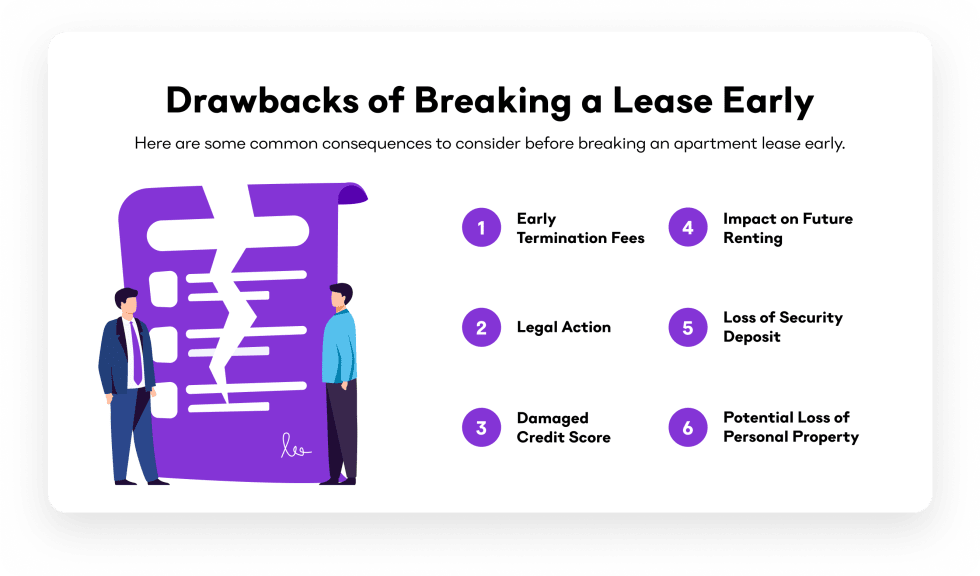Breaking a Lease: What Are the Consequences?
Breaking a Lease: What Are the Consequences?
Blog Article
The rental market is always shifting, with increased renters than ever rethinking their living situations. Searches around “can you get out of a lease early” soared by around 70 % in the last year alone, reflecting an obvious trend. Whether it is a job change, sudden economic difficulties, or a relationship shift, the decision to break a lease is not someone to get lightly. Knowledge the important facets at play can save you from unexpected economic and legitimate headaches.

Early Terminations on the Rise
A recently available examination across significant US cities revealed that approximately 18 per cent of tenants contemplate breaking their lease before the full term ends. That mirrors broader changes in employment, lifestyle, and even mental wellness priorities. Information also demonstrates young visitors, especially those aged 18 to 34, are the absolute most probably to create a transfer mid-lease. If you're in this group, you're certainly not alone.
Financial Penalties Top the List
The absolute most quick concern visitors have may be the financial impact. Study benefits show that 65 percent of landlords charge some kind of early termination fee, that may add the cost of a single month's book to the sum total rent left on your agreement. Around 28 per cent of visitors surveyed claimed they overlooked these fees, ultimately causing surprise expenses that collection back their budgets.
Concealed Charges and Other Costs
It's not just about termination fees. Some landlords also withhold protection deposits or demand for re-listing the property. Normally, renters can lose an additional 20 per cent of these deposit if the apartment involves washing or fixes following an early exit. Knowing these figures may help with decision making before giving notice.
Legal and Credit Effects
Breaking a lease may follow you in more methods than one. Nearly 22 percent of tenants who broke their leases without discussing reported a reduction with their credit report. Landlords can send your unpaid amounts to choices, which makes it harder to book elsewhere or protected loans. Furthermore, being sued for unpaid book is really a real, if less popular, risk.
Acceptable Factors and Negotiations
Not all lease pauses are treated equally. The absolute most generally acknowledged factors include wellness and safety violations, military implementation, or substantial property damage from activities like natural disasters. Over fifty percent of tenants polled effectively negotiated making use of their landlords for a lowered cost or easier terms once they provided paperwork for such reasons.
The Communication Factor
Information suggests that tenants who proclaimed early and overtly using their landlords could actually save your self typically 35 % on penalty costs. Setting objectives, discussing documentation, and arranging for an upgraded tenant may all reduce the fallout. The earlier you begin the conversation, the better your odds to decrease costs and defend your credit score.
What the Styles Tell People
Lease-breaking is obviously trending upward. However, the danger of unexpected charges and appropriate trouble remains high for individuals who don't approach ahead. Reviewing your lease agreement, understanding the fine printing, and seeking legal services if required are intelligent first steps.
Considering lease-breaking data may give tenants a clearer image of what's at share, which makes it more straightforward to consider their alternatives and avoid financial missteps. Being organized and hands-on turns what might be a key setback right into a well-managed transition. Report this page